Movies
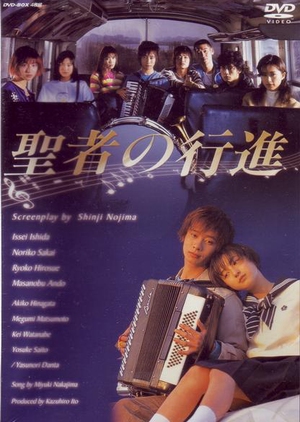
Seija No Koushin 1998 (Japan)
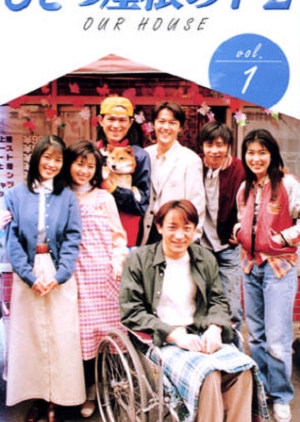
Under One Roof 2 1997 (Japan)
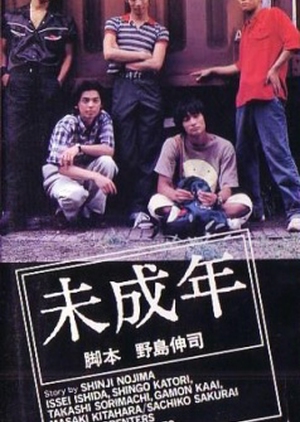
Miseinen 1995 (Japan)
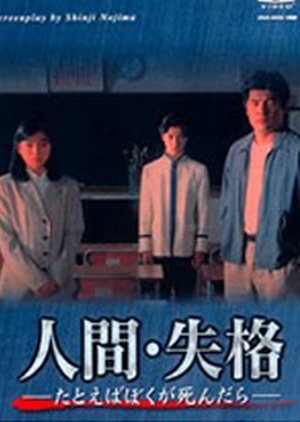
Ningen Shikkaku 1994 (Japan)
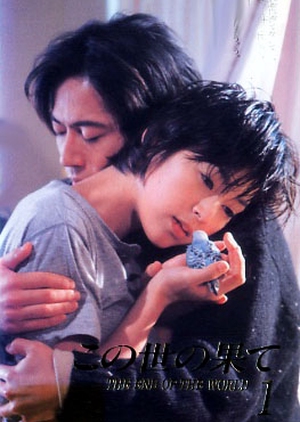
Kono yo no Hate 1994 (Japan)
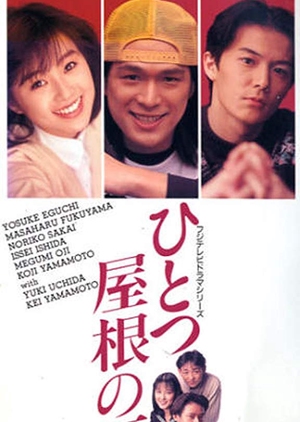
Under One Roof 1993 (Japan)
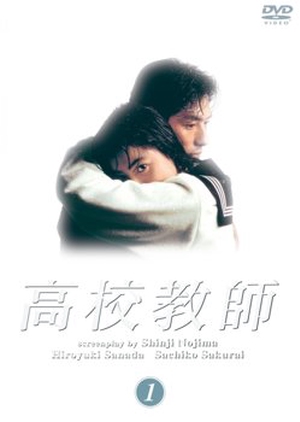
Kou Kou Kyoushi 1993 (Japan)
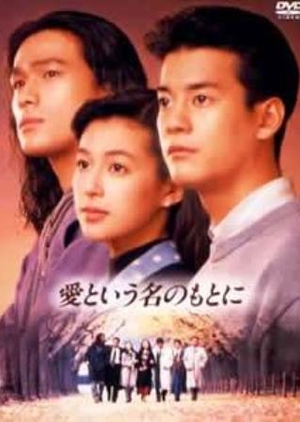
Ai to iu Nano Moto ni 1992 (Japan)
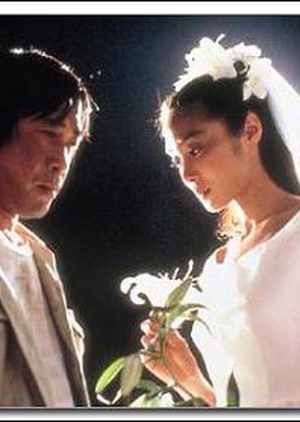
101st Marriage Proposal 1991 (Japan)
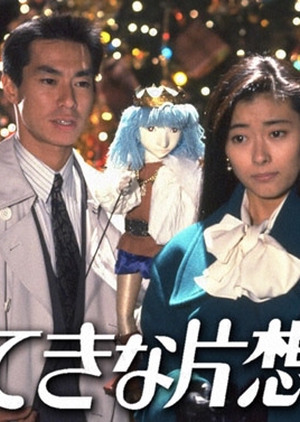
Suteki na Kataomoi 1990 (Japan)
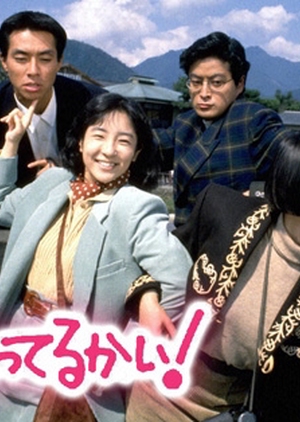
Aishiatteru Kai 1989 (Japan)
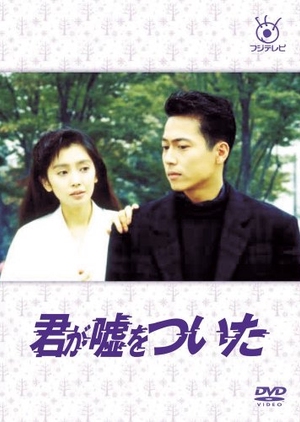
Kimi ga Uso wo Tsuita 1988 (Japan)
